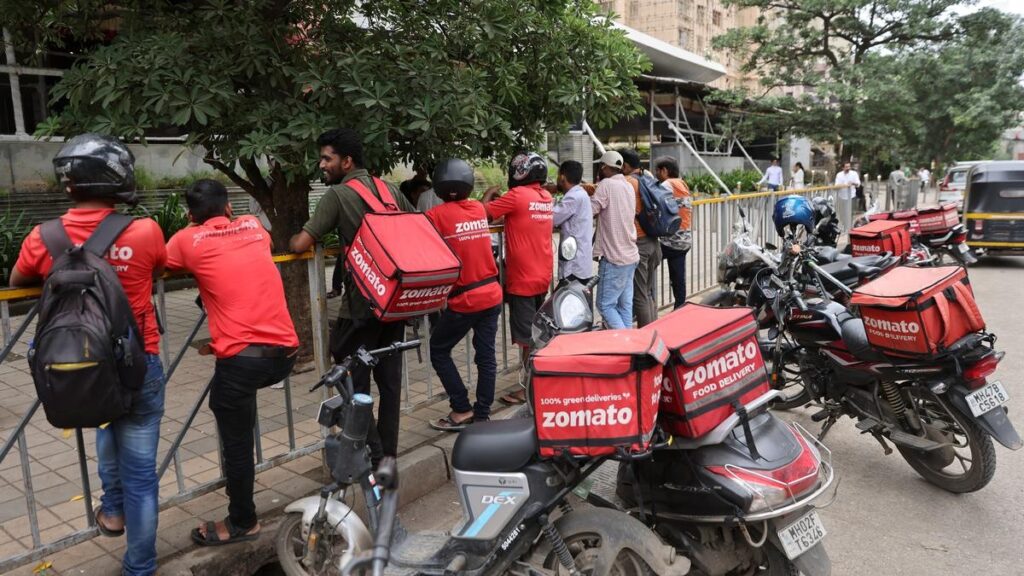NEW DELHI: The government is likely to introduce a framework to provide social security coverage to gig and platform workers in the next four to five months, official sources said. The plan to roll out the benefits for the fast-growing labour segment by early next fiscal is despite the fact that the implementation of the four labour codes, approved by Parliament in 2020/2021, is being delayed.
“As of now, the design of the framework (for gig workers’ social security) is not final. Whether a scheme is introduced to provide social security to them, or some provisions of the Code on Social Security (CSS) will be invoked…has to be seen,” said a person aware of the development.
“However, the framework most likely would be introduced before the labour codes are officially notified by the Central government,” the person added. The government is aiming to provide such workers with health & life insurance, accident insurance, and pension coverage.
According to NITI Aayog, there were 7.7 million gig and platform workers in 2020-21, which are estimated to rise to 23.5 million by 2029-30.
The government is mulling to provide the gig and platform workers a unique identity like the Aadhar, which would be accessible by all the companies, who hire them, namely, Zomato, Swiggy, Zepto, Urban Company etc. The unique identity will store all the information of the workers, such as their monthly earnings, past work records, etc.
“The monthly earnings data would be useful in providing insurance coverage to these workers. Also, a portion of their earnings may be set aside for granting them pension too (later)…We’re seeing what can be done,” another official said.
In a release issued last week, the labour ministry said that it has held extensive stakeholder consultations with aggregators, knowledge partners, platform worker organizations, and state governments/UTs to ensure a comprehensive understanding of the social security code, 2020, and to develop collaborative approaches for a social security framework tailored to gig and platform workers.
The ministry has constituted a dedicated committee, chaired by the central provident fund commissioner (CPFC) of the Employees’ Provident Fund Organisation (EPFO), which is tasked with suggesting the design of such a framework.
At present, a collaborative study is being undertaken by the ministry with the International Labour Organization (ILO) to comprehensively assess various factors related to platform workers.
Experts say that to extend social security coverage within the existing legal framework, the government can enforce some provisions in the Code on Social Security, 2020, which already recognizes gig workers and allows for welfare schemes.
“Even before the labour codes are fully implemented, the government can extend benefits from schemes like PM Shram Yogi Maandhan (pension) and PM-JAY (health insurance) to gig workers,” said Rohitaashv Sinha, partner, King Stubb & Kasiva.
Amit Kumar Nag, partner, AQUILAW said a social security fund can be established, whereby aggregators utilising the work of such platform workers are made to contribute to that as per utilisation of work.
Snigdhaneel Satpathy, partner at Saraf and Partners said that although there is a need to offer better social protection to such workers, this is a complex situation. “Any law needs to also balance commercial realities of the employer against the need to protect the workers,” he said.
One source mentioned that amending the Unorganised Workers’ Social Security Act, 2008 to explicitly include gig workers can provide them access to government welfare programs, but that is unlikely to be done, given the CSS has been passed by the Parliament.
Source: The Financial Express




 Banks Post Strong Growth In Advances, Deposits In Q3
Banks Post Strong Growth In Advances, Deposits In Q3 